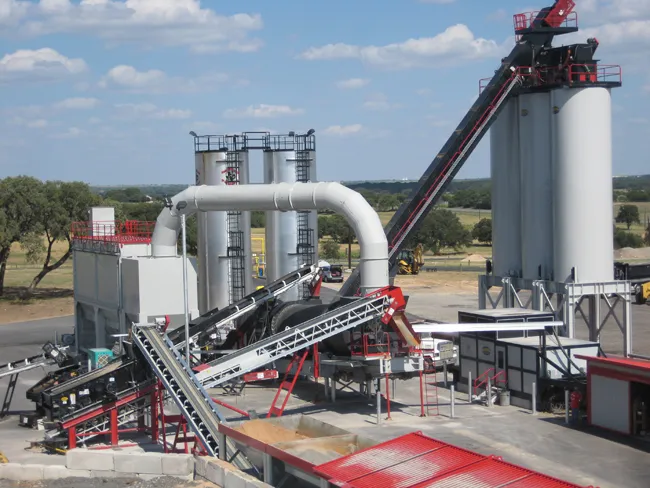The road network of the southern English county of Hertfordshire, near London, is one of the busiest in the country, with an estimated 4.5 million journeys being made on the network every day. Combine this with the 7,783 reported incidents on Hertfordshire’s roads in 2012 and it’s easy to see how the network becomes congested.
This is where the Hertfordshire Integrated Transport Control Centre (ITCC) comes in. From this facility in Hertford, officers from Hertfordshire County Council and their highways c
September 26, 2013
Read time: 3 mins

The road network of the southern English county of Hertfordshire, near London, is one of the busiest in the country, with an estimated 4.5 million journeys being made on the network every day. Combine this with the 7,783 reported incidents on Hertfordshire’s roads in 2012 and it’s easy to see how the network becomes congested.
This is where the Hertfordshire Integrated Transport Control Centre (ITCC) comes in. From this facility in Hertford, officers from Hertfordshire County Council and their highways contractorOne such situation occurred on the A1081 London Colney Bypass, St Albans, at the end of June 2013. A lorry carrying a full tank of diesel was involved in an incident with a car resulting in contents of the lorry’s fuel tank being spilt on both southbound lanes of the carriageway. The spill stretched for approximately 100m and required immediate action.
After being notified of the incident by Hertfordshire Police at 7.05pm on 25 June, the ITCC dispatched a Ringway Response Crew to investigate.
Once on site, the crew began the diesel clean-up with further crews dispatched by the ITCC as the full extent of the spill became clear. As work began the ITCC monitored the site through CCTV and intelligent transport system cameras in the area, paying close attention to the effect of the necessary road closures on the local network. A number of diversions were put in place and monitored to help ease congestion around the site while work to complete the clean-up continued into the early hours of the morning. With the diversions still in place, the decision was taken that the damage to the carriageway surface was too severe and required resurfacing. Crews from Ringway worked with colleagues from
Throughout the entire incident the ITCC was able to keep stakeholders and the public informed of the works progress and diversion routes through local traffic information broadcasts and social media.
With the introduction of the forthcoming ‘Highways Live’ website, the ITCC will be at the heart of real-time traffic information for the county.







